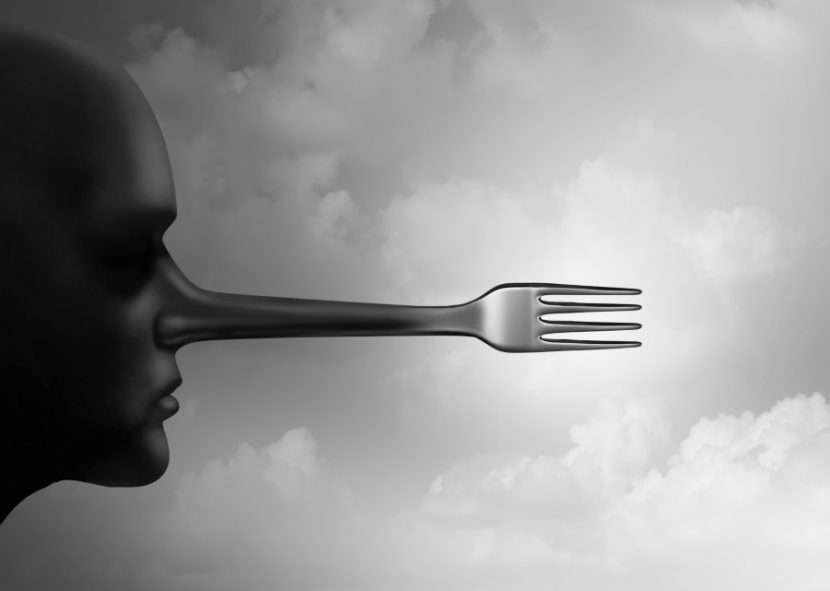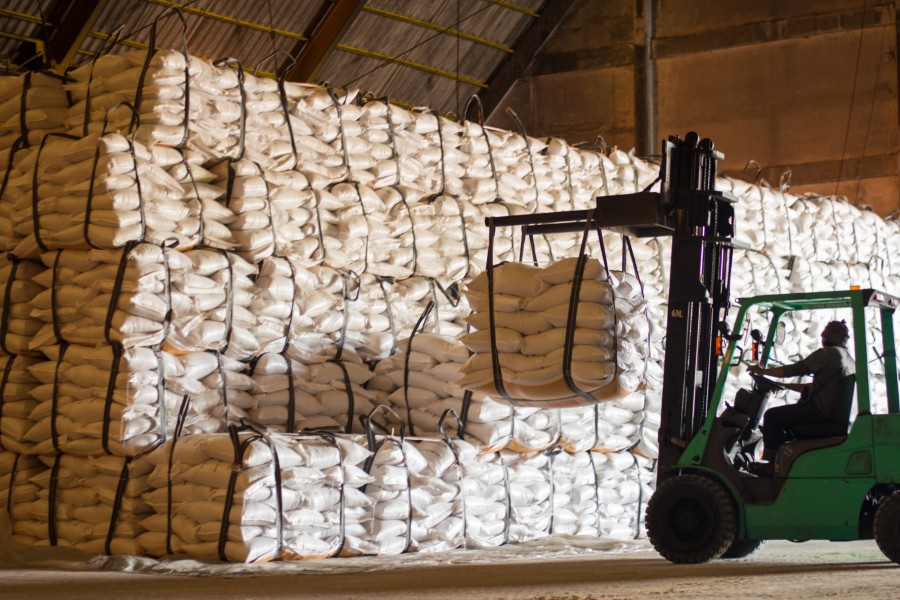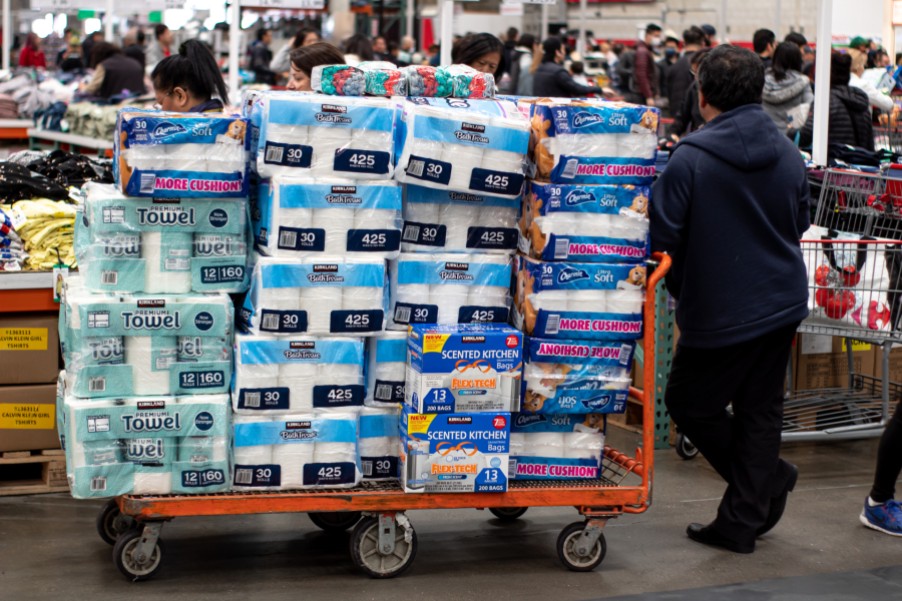Beware of Food Fraud During the Coronavirus
By Mitchell Weinberg
Crises of an environmental nature, or as in the case of Coronavirus, a pandemic, bring out the best and worst in people. Individuals who are inclined to engage in criminal behavior may be further inclined by such situations, which can increase the likelihood of nefarious acts being committed when the rest of us are vulnerable.
The Coronavirus is the first truly global pandemic in over 100 years. Although the disease is front and center in our minds, is it really the disease, or survival, that is taking up our bandwidth during these unprecedented times? The answer is survival. What do we need to survive? Food. Hunger is a very powerful physical and emotional need.
The Coronavirus has created the perfect storm for those who commit food fraud.
The Coronavirus has created the perfect storm for those who commit food fraud. People who are desperate for food, or fearful that there will be food shortages and hunger, will eat almost anything, depending on how dire their circumstances are. Unfortunately, the Coronavirus has impacted the poor and low-income populations the most. Delivery of food in certain regions of the world that already suffer from compromised or broken food supply chains are even more affected than they were prior to the virus. Those in North America and Europe are seeing shortages of certain commodities while other products are being destroyed because restaurants and foodservice operators that typically use those commodities are currently shut down.
There are four factors which those who commit food fraud will seize upon: 1) hunger and desperation 2) scarcity of food, 3) less oversight, and 4) food waste due to Coronavirus.
In the developing world, those who commit food fraud will make food from anything and everything they can get their hands on. Those who are poor and hungry will eat anything and pay what they can for it, even though the quality or even safety of the food may have been severely compromised. In the developed world, where consumers are accustomed to getting what they want, they will now pay a premium for their favorite foods, making those foods a prime target for adulteration or substitution.
The simple economic laws of supply and demand govern food prices. Where certain foods are in short supply, those in possession of the food can command a much higher price. For items in short supply, those who commit food fraud will find ways to adulterate food so they can sell more of it, or raise the price even higher. Most of the time, this happens in places where there is little to no oversight. Foods that are ground up, come in liquid form or are blended are the easiest to adulterate. It is impossible to know how these foods were adulterated unless you had intelligence as to how the fraud was being committed and by whom, putting you at the mercy of the fraudster.
During this pandemic, the food industry was caught off guard. The focus on continuity of supply and the assurance that food could not transmit the virus took precedence over all else. While the food industry does little during normal times, as far as food fraud is concerned, this has become a lower priority issue since the pandemic started.
Finally, there is the issue of food waste. We have seen supplies of milk, eggs and produce being destroyed because there is no market for those foods. What is unfortunate is that those foods could not be given to food aid agencies before they spoiled. Where supply chains lead to profit, problems will be immediately addressed. Where there is no money involved, the food will spoil and people will go hungry. In such circumstances, normally honest and ethical food producers may resort to committing fraud by selling food that is past its “use by” dates to profit driven resellers, putting profit over safety.
Food fraud can exacerbate an already serious problem. People who are already in a weakened state because of malnutrition may be sickened or die because of food fraud. People desperate for food will be deprived of perfectly good and healthy food because food is being destroyed for lack of profit. Finally, those who pay increased rates for foods that are in short supply will lose money for food whose quality may be compromised. Food companies need to be aware of these potential food fraud risks, as they can impact their customers health and brand.
About the Author:
Mitchell Weinberg is the founder, President and Chief Executive Officer of the International Supply Chain Assessment Technologies Corporation (INSCATECH). INSCATECH pioneered and is the sole provider of forensically based food fraud investigations in the world. Through its international network of specially trained food fraud detection operatives, INSCATECH works discreetly and legally in virtually every food producing country around the world to expose those committing food fraud.

-
 FeaturedRisk management
The Cost of a Breach: What a Cyberattack Could Mean for Food Safety Recalls
FeaturedRisk management
The Cost of a Breach: What a Cyberattack Could Mean for Food Safety Recalls
-
 FeaturedRisk management
Securing the Food Chain: How ISO/IEC 27001 Strengthens Cybersecurity
FeaturedRisk management
Securing the Food Chain: How ISO/IEC 27001 Strengthens Cybersecurity
-
 FeaturedRisk management
Revolutionizing Food Safety Training: Breaking Out of the “Check-the-Box” Mentality
FeaturedRisk management
Revolutionizing Food Safety Training: Breaking Out of the “Check-the-Box” Mentality
-
 GFSI Standards
GFSI 2025: Building Trust, Tech-Forward Solutions, and Global Unity in Food Safety
GFSI Standards
GFSI 2025: Building Trust, Tech-Forward Solutions, and Global Unity in Food Safety
-
 FeaturedFood Safety
Integrated Pest Management: Strategies to Protect Your Brand’s Reputation
FeaturedFood Safety
Integrated Pest Management: Strategies to Protect Your Brand’s Reputation
-
 FeaturedFood Safety Culture & Training
No Open Door Policy: Challenges That Impact Pest Control in Food Processing Plants
FeaturedFood Safety Culture & Training
No Open Door Policy: Challenges That Impact Pest Control in Food Processing Plants




